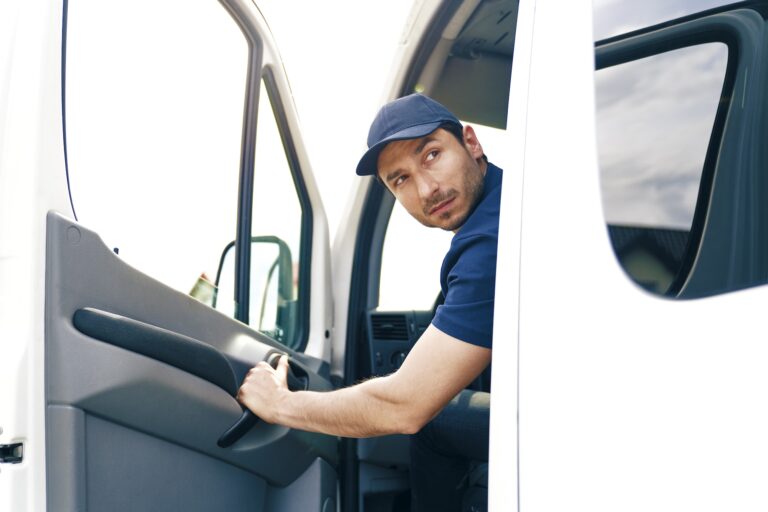Whether you’re a seasoned road warrior or a newbie just starting your RV (Recreational Vehicle) journey, the importance of RV inspections cannot be overstated. It’s a crucial step that can save you from expensive repairs and untold headaches down the line. But what exactly should you look for during an RV inspection? This comprehensive guide will walk you through the process and highlight the key areas you should focus on when inspecting a new or used RV.
The Importance of RV Inspections
An RV is a significant investment, similar to buying a home. It serves as a mobile abode, providing a roof over your head while you’re on the road. Just like a traditional home, an RV has complex systems that need to function properly to ensure your safety and comfort.
An RV inspection is a preventative measure that can:
- Identify potential issues before they become major problems.
- Help you negotiate a better price if issues are found.
- Give you peace of mind knowing that the RV is in good condition.
What to Look for in a New or Used RV
Whether you’re buying a new or used RV, a thorough inspection is crucial. While new RVs have not been exposed to wear and tear, manufacturing flaws can still be present. Used RVs, on the other hand, may have hidden issues that the previous owner didn’t address. Here are key areas to inspect:
Structural Integrity
The overall structure of the RV is fundamental. Any issues with structural integrity can lead to serious problems and expensive repairs.
- Check for Water Damage: Look for signs of water damage such as stained walls, a musty smell, or soft spots on the floor. Check the seals around windows, doors, and the roof for any signs of leakage.
- Examine the Exterior: Look for any dents, cracks, or rust on the body of the RV. Check the condition of the paint and decals, as peeling or fading could indicate exposure to harsh weather conditions.
- Inspect the Roof: The roof is one of the most vulnerable parts of an RV. Check for any signs of cracks, leaks, or damage to the sealant around vents and antennas.
Mechanical Condition
An RV is more than just a living space; it’s also a vehicle. For motorhomes, the engine and mechanical systems must be in good working order.
- Engine and Transmission: Check for any signs of leaks, unusual noises, or vibrations. Ask for maintenance records to ensure regular servicing has been done.
- Brakes and Tires: Check the condition of the tires, including tread depth and signs of dry rot. Make sure the brakes are responsive and don’t make any unusual noises.
- Electrical System: Test all the lights, both interior and exterior. Check the condition of the battery and make sure all outlets are functioning properly.
Interior Systems
The interior systems of an RV include everything that makes it a comfortable living space.
- Plumbing System: Test all faucets and the shower to ensure there’s good water pressure and the water heater works. Check for any signs of leaks under sinks and around the toilet.
- Appliances: Test every appliance, including the stove, oven, refrigerator, and microwave, to make sure they’re in working order.
- HVAC System: Test the heating, ventilation, and air conditioning systems to ensure they work properly. Check the condition of the filters and vents.
Safety Features
Safety should be your top priority when inspecting an RV.
- Check for Fire Safety: Ensure that the RV is equipped with functioning fire extinguishers and smoke detectors.
- Propane System: Check for any signs of leaks or damage to the propane tanks. Make sure all propane-powered appliances are functioning properly.
- Escape Windows and Doors: Check that all escape windows and doors open easily and are not blocked or jammed.
Documentation
Ensure all necessary documents are in order.
- Title and Registration: Confirm that the seller has the title and that the registration is current.
- Maintenance Records: These can provide valuable information about the RV’s history and how well it’s been cared for.
- Warranty Information: If the RV is new or the previous owner purchased an extended warranty, make sure this documentation is transferred to you.
The Option of Professional RV Inspections
If you’re not confident in your ability to conduct a thorough inspection, consider hiring a professional RV inspector. They are trained to spot issues that you might overlook, and their expertise can save you from a costly mistake. The cost of a professional inspection is often a small price to pay for the peace of mind it provides.
Final Thoughts
When buying an RV, it’s important not to let the excitement overshadow the necessity of a thorough inspection. Remember, the goal of an RV inspection is to ensure that your new home-on-wheels issafe, reliable, and worth the investment. By taking the time to carefully check the structural integrity, mechanical condition, interior systems, safety features, and associated documentation, you can feel confident in your purchase decision.
While this process may seem overwhelming, especially for first-time buyers, understanding what to look for during an RV inspection is a skill that will serve you well throughout your RV ownership journey. And remember, you’re not alone in this process. Don’t hesitate to enlist the help of a professional RV inspector if you’re unsure.
Purchasing an RV is a significant step towards unparalleled freedom and adventure. With a thorough inspection, you can ensure that your RV is ready to take you wherever the road may lead. Happy travels!






